The sustainability and growth of schools rely on future parents and the expectation that many will choose your school as their first choice. In these challenging times, the conversion of future parents from an initial enquiry to accepting a place has become more critical than ever before.
In this uncertain environment, we may well see:
- Parents deferring their child’s commencement year
- Increased interest in lower fee independent school options
- Growing interest in state primary and high schools
- A decline in the ratio of offers accepted to offers made
- An increase in late ‘no shows’ prior to commencement
- An increase in attrition rates due mainly to affordability.
The chart below shows an example of conversion from first enquiry to acceptance of a place, and represents an average across MMG’s database. Clearly each school is unique and will have some variation to these metrics.

So, what can you do to optimise conversion and build enrolments? Through our research, we have identified a number of areas you can review to help improve your conversion rate.
Enrolment enquiries
These tend to be given a significantly lower priority and receive less attention than they deserve. Typically, 25 percent of enquiries are not formally logged or followed up and, as a consequence, can lead to lost enrolments.
- Enquiry checklists should be located and used at key touchpoints such as reception.
- The right information needs to be collected.
- There should be school-wide awareness of the need to record any and all enquiries.
- Enquiries need to be logged into a system and accessible to the admissions team.
- Follow-up enquiries within three days and implement further follow-up procedures.
- Inform relevant school stakeholders of enquiries. For example, a boarding enquiry should be seen by the Head of Boarding.
Applications and registrations
Most schools have a relatively standard application process and have/are converting to online application lodgement.
- Enable online application lodgement and fee payment.
- Include fields in the online application process to capture information such as the interests of mother, father and child.
- Ensure personalised acknowledgments are sent.
- Maintain a log for the management of ongoing engagement, such as invitations to tours, events of interest, etc.
- Use the application process to engage with parents; the major focus should be on phone contact and relationship building.
Interview process
This is an important transition stage. As most schools are not academically selective, the interview tends to be aimed more at ensuring the best fit and identifying any learning needs.
- Ensure the interview takes place early enough in the process to be beneficial (that is, not after offers are made).
- Hold the interview sufficiently in advance of an offer being made in order to meet the school’s offer policy.
- Engage relevant campus heads in the process.
- Where possible, provide an opportunity for the prospective family to briefly meet the school Head.
- Plan the interview process well, keeping all stakeholders informed and ensuring parents know what will occur and what is required.
Offers and acceptances
- Review school policy regarding offers made — the standard period is two to three years in advance of commencement.
- Ensure timely responses are given where change of school notice periods require the process to be fast tracked.
- Improve your follow-up process regarding offers made, ensuring the inclusion of phone calls to parents rather than a reliance on repeated emails.
- Review your ratio of offers made to offers accepted, with a goal of achieving 65 percent or higher.
Contact management — the key to success
Unquestionably, the weakest area in the school enrolment process is the lack of effective contact maintenance with prospective parents. Now more than ever, a paradigm shift is required in both attitude and behaviour towards optimising this process. Proactive, personalised contact and engagement are key to success.
Tony Pfeiffer is the Founding Partner of MMG Education, a leader in tailored school stakeholder research and performance benchmarking. Tony served on the board of a leading independent school for over nine years and has decades of corporate experience in senior executive roles. mmgeducation.com.au







